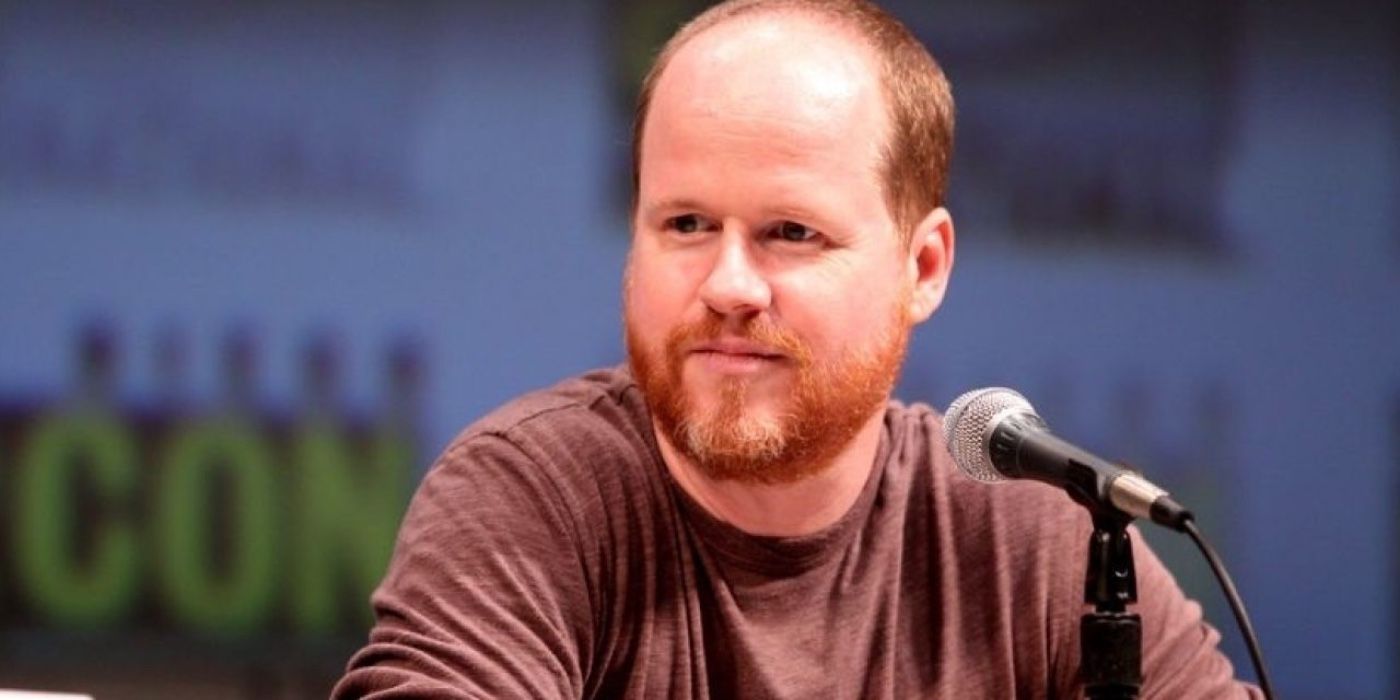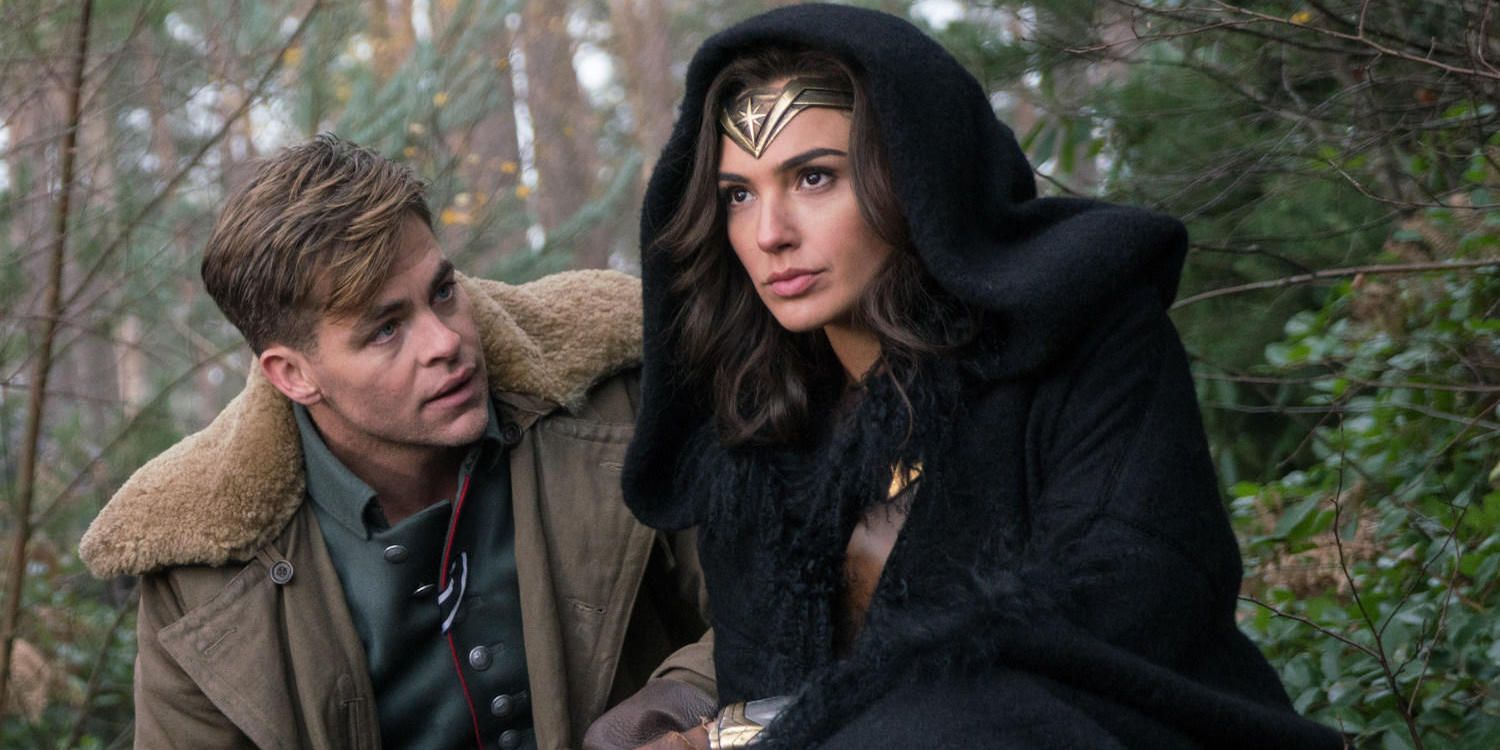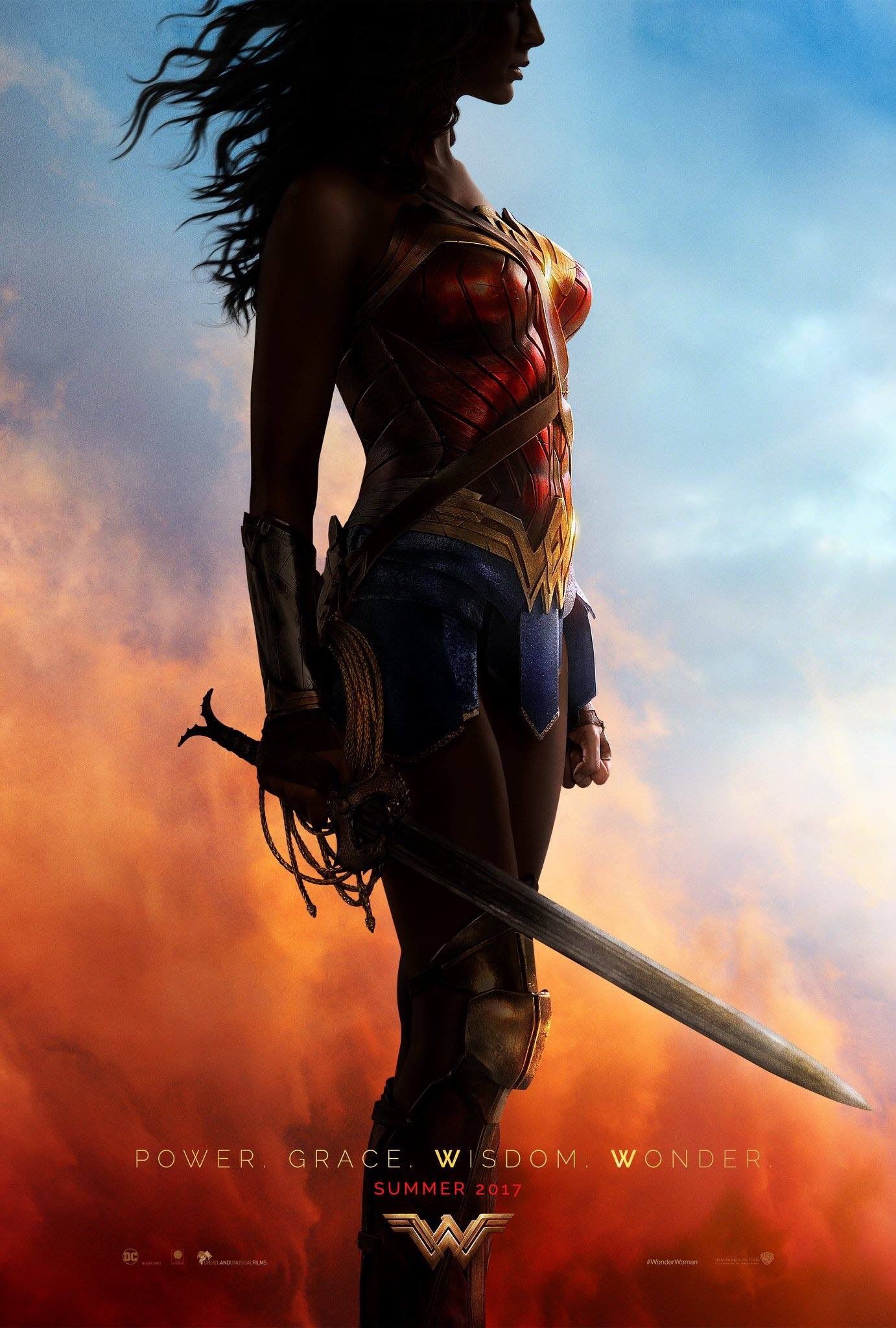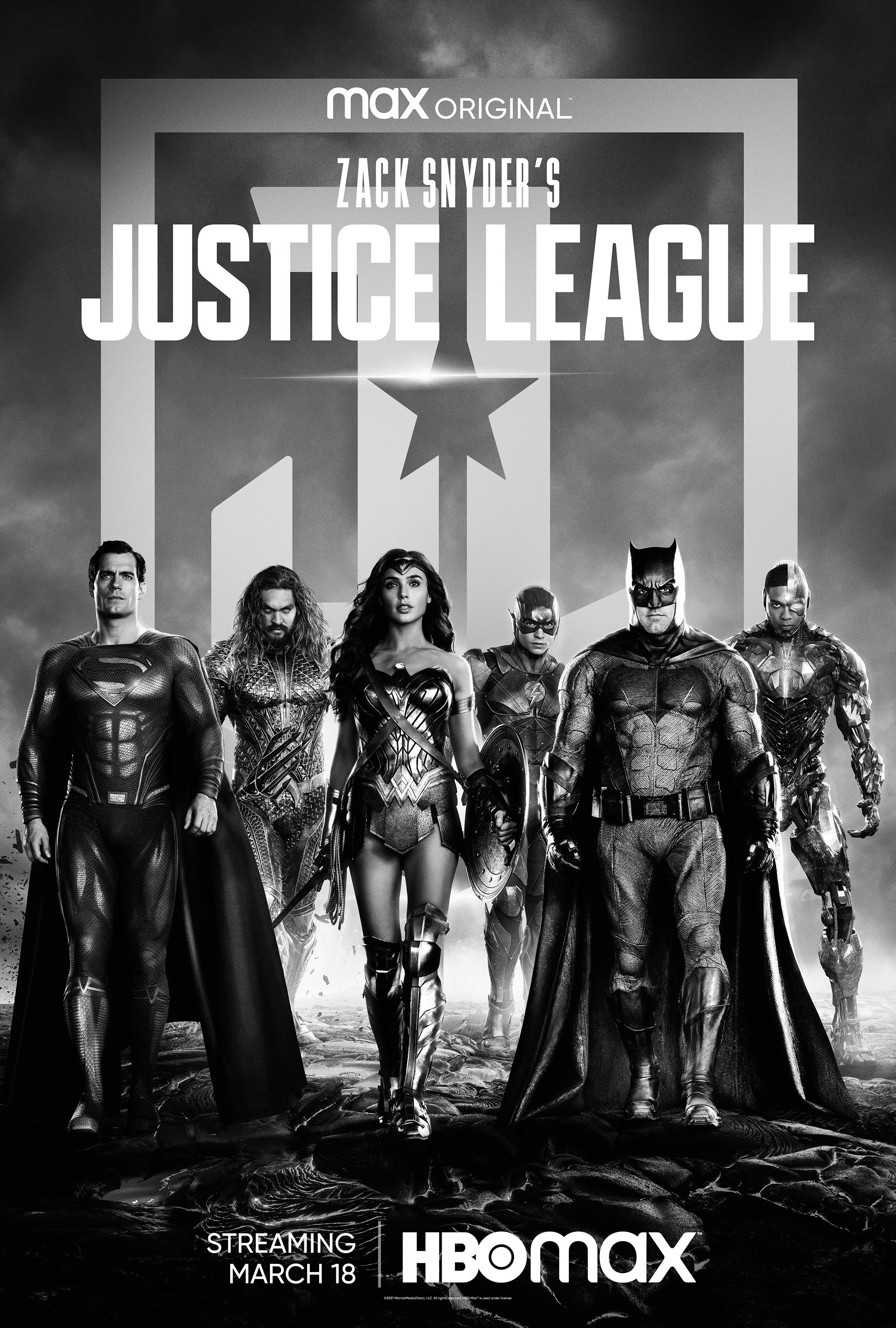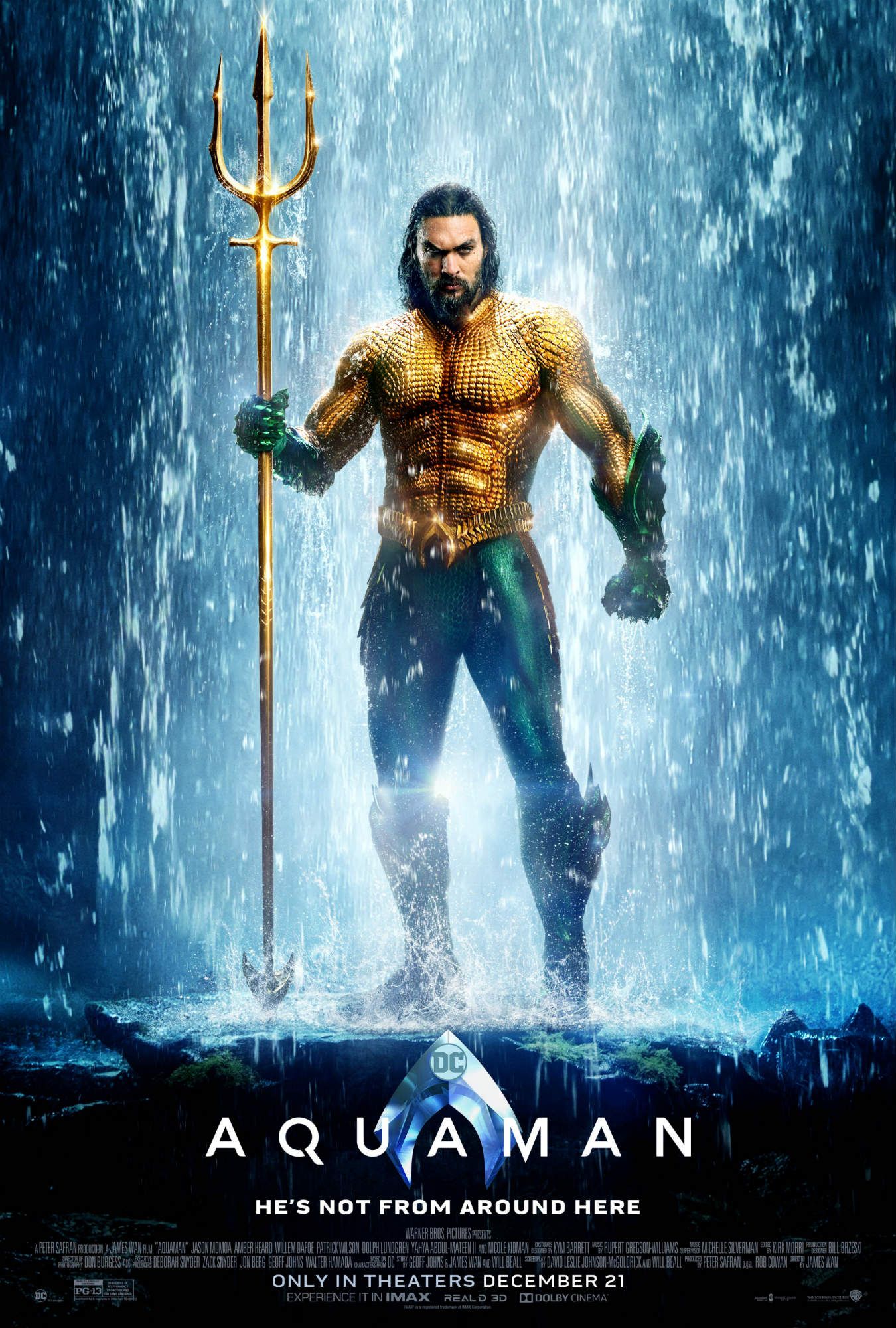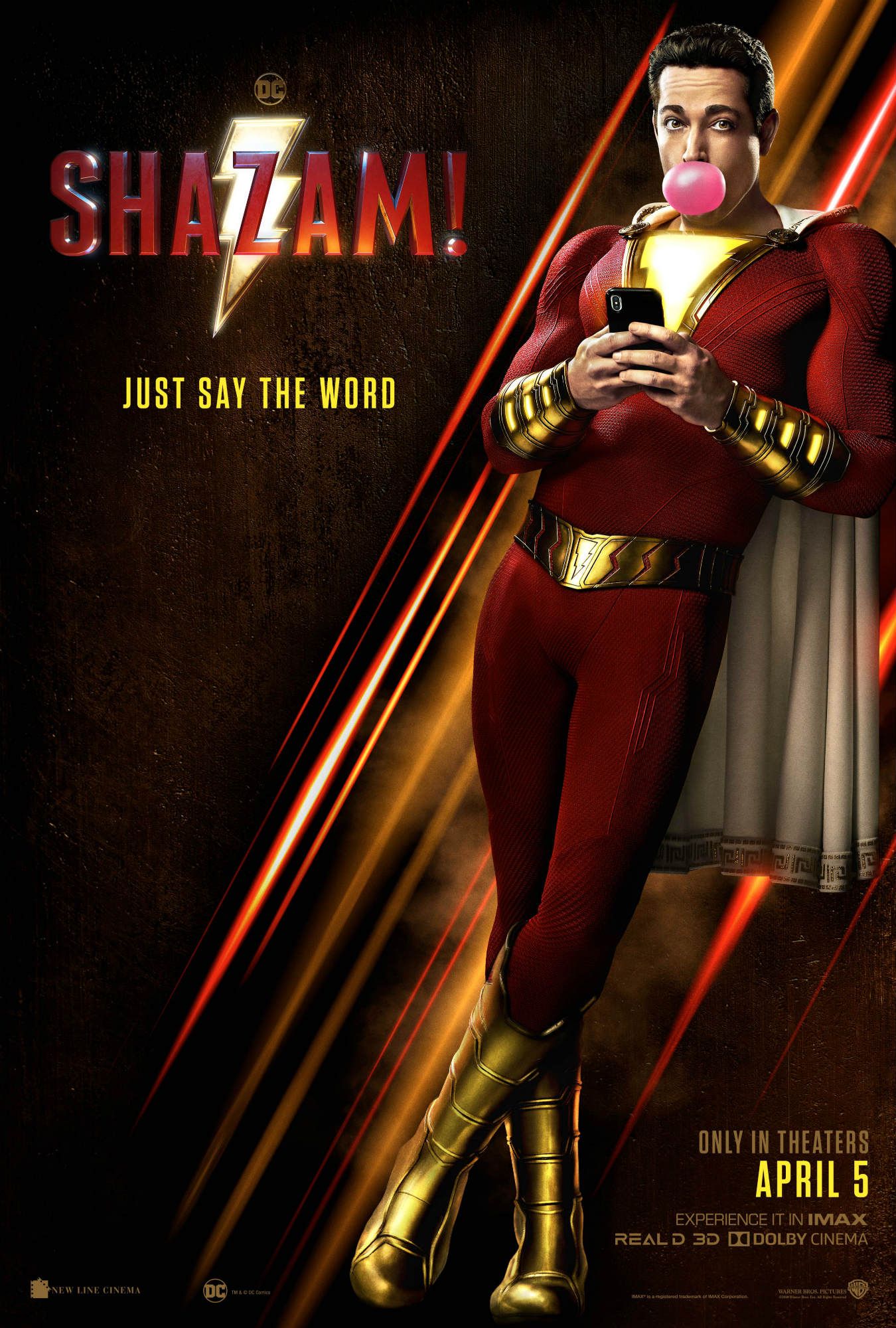Although Warner Bros' burgeoning DC Comics Extended Universe is nearly four years old, the cinematic superhero world only includes three entries so far. Zack Snyder's Man of Steel acted as a soft launch of the DCEU in 2013, but it wasn't until the director's followup, last year's Batman V Superman: Dawn of Justice, that the universe kicked off in earnest. Still, the DCEU has struggled to resonate with critics as both Batman V Superman and David Ayer's Suicide Squad received less than stellar reviews. Now, fans and critics alike are turning to the fledgling superhero world's next entry - Patty Jenkins' Wonder Woman - as hope that the DCEU can produce a critically well received film.
Of course, Wonder Woman isn't the first time DC Comics' Amazonian warrior has been adapted to live-action; Lynda Carter portrayed Diana Prince in the Wonder Woman TV series decades before Gal Gadot suited up in Batman V Superman. Plus, the project languished in development at Warner Bros for many years, with beloved sci-fi and fantasy writer/director Joss Whedon (The Avengers, Firefly) attached for a time in the mid-2000s. Now, Whedon reflects on just why his Wonder Woman project failed to launch.
For an in-depth piece on the legacy of DC Comics' Wonder Woman, Whedon spoke with Empire about his cancelled project. The film would have been set in modern day and featured Diana Prince leaving her home of Themyscira with the character's comic book love interest Steve Trevor to deal with real-world problems like drug dealers in Gateway City. Whedon said:
I worked really hard on that movie and it meant a lot [to me], but I don’t know if what I was trying to do would fit in with what [the studio’s] vision is. I had a take on the film that, well, nobody liked… We just saw different movies, and at the price range this kind of movie hangs in, that’s never gonna work.
Of course, this isn't the first time Whedon has commented on his cancelled Wonder Woman project at Warner Bros. He has since explained the dynamic between Diana and Steve he had planned to explore - which featured Diana, as a goddess, learning about humanity with the help of Steve - and reflected on the film in the wake of his success with The Avengers in 2012. At the time Whedon was attached to Warner Bros' Wonder Woman, he only had television shows and the big screen continuation of Firefly, Serenity, under his belt; he was a largely untested blockbuster director, and his film screenplays were mainly for animated projects.
Still, in the time since Whedon's Wonder Woman project was cancelled, he has spoken out about sexism in Hollywood as a reason for the dearth of female-led superhero movies. Certainly, when Wonder Woman arrives in theaters this year, it will be over a decade since the last woman-centric comic book adaptation, 20th Century Fox's Elektra in 2005. Whedon is lauded for his films and television series featuring well developed female characters - though he has also received criticism for treating certain female characters poorly - and his fans likely would be interested to see his vision of Wonder Woman brought to life.
That said, as Whedon himself explains, his Wonder Woman project was never going to get off the ground if he and the studio were at odds. Hollywood is still a business and studios, for the most part, may not be willing to take a risk on an untested director with a property as large as Wonder Woman. In fact, in the years after both Elektra and 2004's Catwoman failed to impress critics and inspire big box office numbers, studios have been wary of releasing any female-fronted superhero project. However, hopefully all that will change - along with the DCEU's critic track record - with Jenkins' Wonder Woman when the film hits theaters this summer.
Next: Wonder Woman Concept Art
Source: Empire

